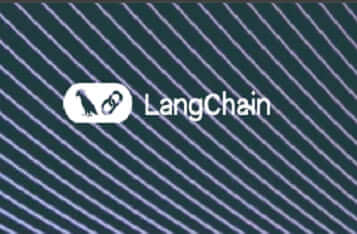Solana Co-founder Labels Ethereum 'Bourgeois Digital Tyranny
In a fiery discourse on Twitter between 1st and 2nd October 2023, Anatoly Yakovenko, co-founder of Solana Labs, robustly defended the accessibility and inclusivity of the Solana network, engaging in a series of tweets that delved into the philosophies underpinning various blockchain platforms.
Network Accessibility Debate
The debate ignited with a tweet from user @jebus911 on 1st October, drawing parallels between Solana (native token SOL) and the Democratic Party, criticizing both for purportedly lacking an understanding of value creation and harboring a desire for cheap solutions. In a retort, Yakovenko elucidated his stance later that day, juxtaposing Ethereum against Solana and critiquing Ethereum for representing what he termed as "bourgeois digital tyranny." He advocated for a "stateless digital dominion" where the cost of state creation is negligible, heralding a truly decentralized network.
Criticism of Solana's Node Operation Costs
The discussion intensified on 2nd October when user @RuzhyoX spotlighted the high costs associated with running nodes or validators on the Solana network, suggesting it inadvertently favors corporate entities over individual participants. Yakovenko rebutted, positing that anyone capable of building from source possesses the requisite skill set for a tech job, which would render running a node affordable. This exchange catalyzed further deliberations among the crypto community on Twitter.
Community Reactions
The debate wasn't devoid of humor, with @AceofSolana querying if Yakovenko's eloquent defense was generated by ChatGPT, prompting a whimsical response from Yakovenko, "If you have to ask, ngmi" (an acronym for "not gonna make it").
Comparing Ethereum and Solana
Ethereum and Solana, both notable in the blockchain arena, exhibit diverging technical and philosophical ideologies. Ethereum, a foundational platform, is pivotal to the Decentralized Finance (DeFi) and Non-Fungible Token (NFT) spheres, albeit grappling with scalability and transaction fee hurdles. In contrast, Solana, renowned for its high throughput and economical transaction fees, harnesses a distinctive Proof of History (PoH) and Proof of Stake (PoS) consensus mechanism, targeting scalable solutions for a myriad of applications without forsaking decentralization.
Their smart contract frameworks, albeit similar, diverge in consensus models for transaction validation, reflecting their distinct approaches toward harmonizing security, decentralization, and scalability, thereby offering a spectrum of choices for developers and enterprises in the blockchain ecosystem.
Image source: Shutterstock






